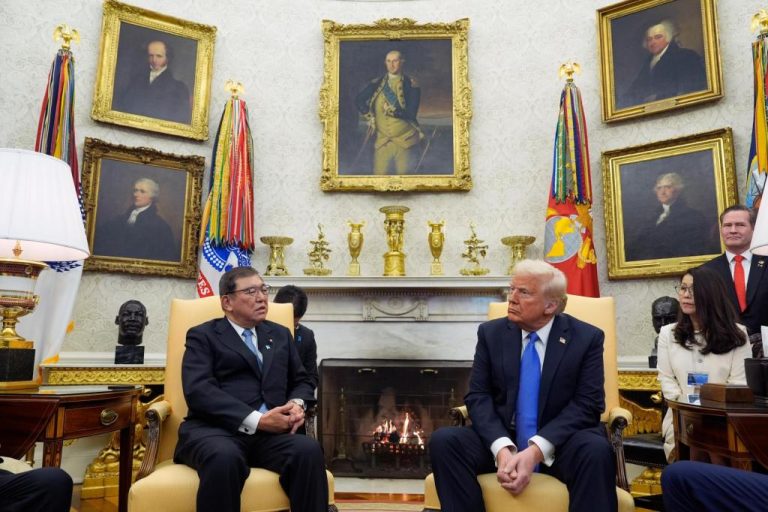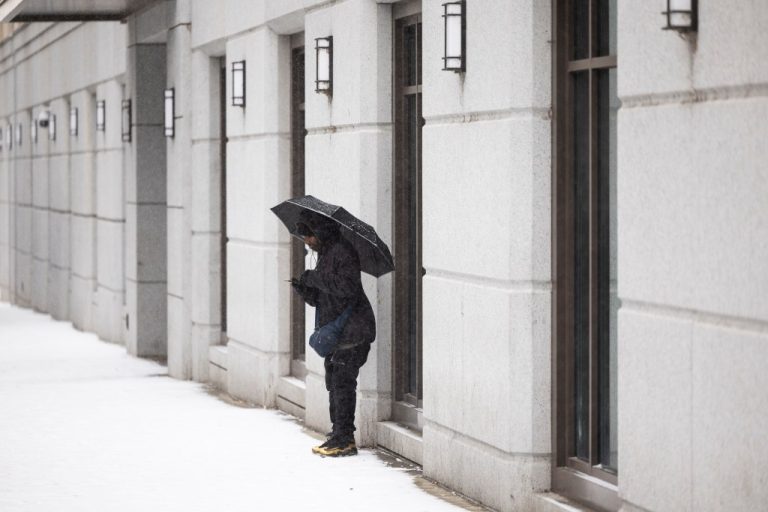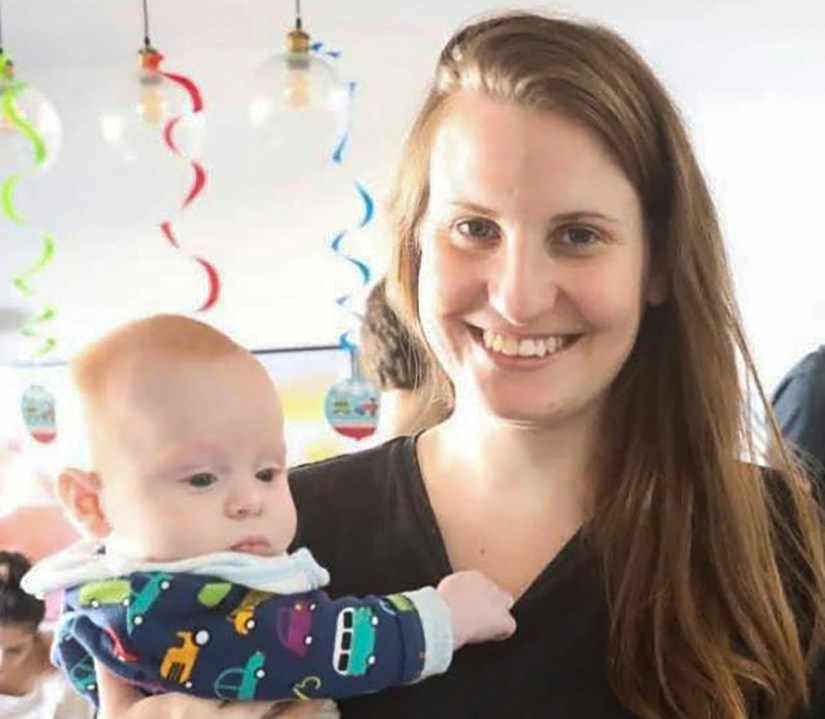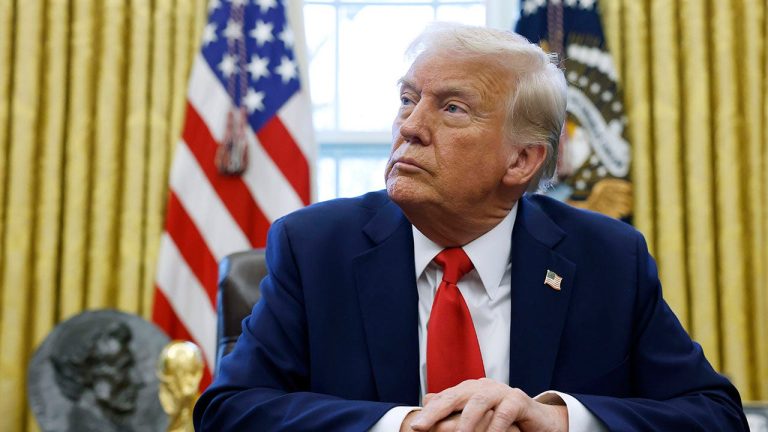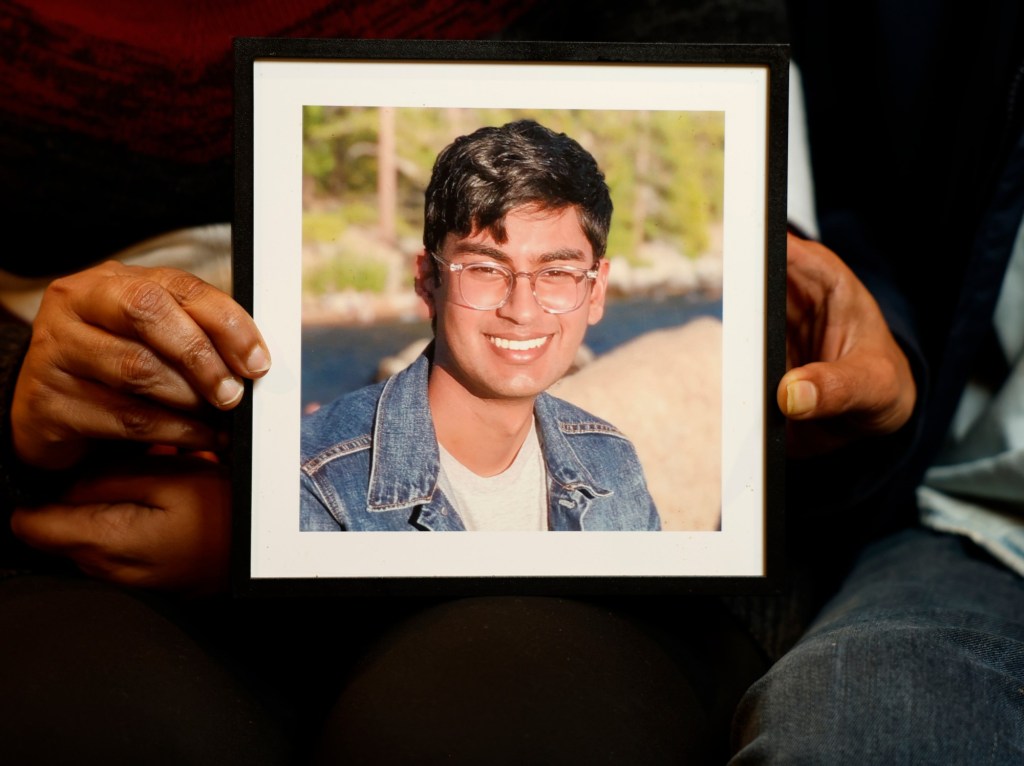

SAN FRANCISCO — A final autopsy report released Friday afternoon for Suchir Balaji — the OpenAI whistleblower who claimed the company violated federal copyright laws — concluded the 26-year-old died by suicide inside his San Francisco apartment.
The San Francisco County Medical Examiner’s report said Balaji died Nov. 26, 2024, of a single self-inflicted gunshot.
The medical examiner’s report runs counter to claims Balaji’s family made in recent months that questioned the circumstances of his death and fueled a growing number of theories on social media about how he may have died.
In an accompanying letter to the attorneys for Balaji’s parents, San Francisco Police Chief Bill Scott said the medical examiner’s findings — paired with his own department’s work — led him to conclude “there is insufficient evidence to find Mr. Balaji’s death was the result of homicide.” The letter was co-signed by David Serrano Sewell, the executive director of the medical examiner’s office.
“We realize that this information is difficult to receive, and we extend our sincere condolences to the Balaji family,” Scott and Serrano Sewell wrote. “We hope that this response may help bring some amount of closure to his grieving parents, friends and family.”
Contacted Friday evening, Balaji’s parents, Poornima Ramarao and Bajami Ramamurthy, said they were analyzing the report’s findings.
The autopsy report released Friday found Balaji had died by a pistol that was registered to him. In their letter to the attorneys for Balaji’s parents, the police chief said gunshot residue from the gun was found on both of Balaji’s hands, and that a ballistic test confirmed that the gun was the same one used by Balaji during his suicide. The bullet had a front-to-back and downward trajectory, the report noted.
The police chief wrote that the door to Balaji’s upstairs apartment was locked with a deadbolt when Balaji’s body was found and that there were no signs of forced entry there or on any of the windows. Video or evidence from his key fob indicated no one else had been in the apartment, the letter said.
Toxicology testing found that Balaji had ethanol and amphetamine in his system at the time of his death, the autopsy report said.
Balaji’s death became an object of fascination and far-flung conjecture in recent months across social media since his body alone was discovered in his Lower Haight apartment. Billionaire Elon Musk and former Fox News provocateur Tucker Carlson have opined on his death, while Silicon Valley Congressman Ro Khanna in mid-January called for “a full and transparent investigation,” citing the family’s “very serious concerns about foul play.”
While on Carlson’s podcast, Ramarao told the host that the autopsy commissioned by the family indicates a murderer shot him, yet she has declined to share the autopsy with this news organization.
Academics who study culture and media ethics say the case raises concerns about the amplification of baseless theories on social media. In many instances, the ongoing online discourse about Balaji’s death resembles “a fascinating baseless conspiracy, particularly because it attracts people from across the political spectrum,” said Nolan Higdon, a Cal State University East Bay lecturer who studies online culture and propaganda.
Most recently, the family had sued the city and county of San Francisco seeking police records of their son’s death.
Balaji first entered the national spotlight in October when he told The New York Times that his former employer of four years, OpenAI, repeatedly flouted federal copyright laws by siphoning data from across the internet to train its blockbuster chatbot, ChatGPT. He further detailed those concerns on a personal website, while telling the outlet that “if you believe what I believe, you have to just leave the company.”
Balaji’s allegations came on the heels of lawsuits filed by artists and several newspapers — including The Mercury News and The New York Times — accusing OpenAI and a business partner Microsoft of stealing their content in violation of U.S. “fair use” laws, which govern how people can use previously published work.
On Nov. 18, the New York Times named Balaji as someone who had “unique and relevant documents” that would support the outlet’s case against OpenAI. He was among at least 12 people — many of them past or present OpenAI employees — to be named by the newspaper in court filings as having material helpful to their case.
Balaji last spoke to his family on Nov. 22, a day after his 26th birthday. He was found dead in his apartment four days later, after Ramarao insisted that San Francisco police check on him.
Balaji’s parents previously expressed confusion and shock to this newspaper that Balaji might take his own life, noting that “he was very happy” before his death. The tech entrepreneur had already been courting funders for a nonprofit he planned to create focused on the machine learning and neurosciences fields. In the days before he died, Balaji appeared in good spirits after returning from a backpacking trip with several friends from high school.
If you or someone you know is struggling with feelings of depression or suicidal thoughts, the 988 Suicide & Crisis Lifeline offers free, round-the-clock support, information and resources for help. Call or text the lifeline at 988, or see the 988lifeline.org website, where chat is available.
Jakob Rodgers is a senior breaking news reporter. Call, text or send him an encrypted message via Signal at 510-390-2351, or email him at jrodgers@bayareanewsgroup.com.
Originally Published:


